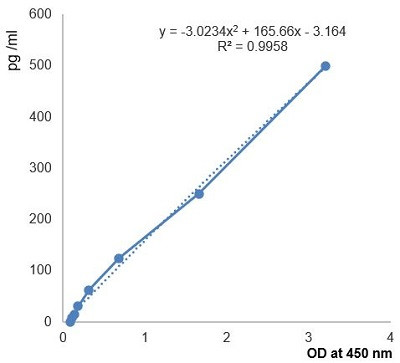Cookie preferences
This website uses cookies, which are necessary for the technical operation of the website and are always set. Other cookies, which increase the comfort when using this website, are used for direct advertising or to facilitate interaction with other websites and social networks, are only set with your consent.
Configuration
Technically required
These cookies are necessary for the basic functions of the shop.
"Allow all cookies" cookie
"Decline all cookies" cookie
CSRF token
Cookie preferences
Currency change
Customer-specific caching
FACT-Finder tracking
Individual prices
Selected shop
Session
Comfort functions
These cookies are used to make the shopping experience even more appealing, for example for the recognition of the visitor.
Note
Show the facebook fanpage in the right blod sidebar
Statistics & Tracking
Affiliate program
Conversion and usertracking via Google Tag Manager
Track device being used

| Item number | Size | Datasheet | Manual | SDS | Delivery time | Quantity | Price |
|---|---|---|---|---|---|---|---|
| AG-45B-0031-KI01 | 96 wells | - | - |
3 - 9 business days* |
517.00€
|
If you have any questions, please use our Contact Form.
You can also order by e-mail: info@biomol.com
Larger quantity required? Request bulk
You can also order by e-mail: info@biomol.com
Larger quantity required? Request bulk
Glucose is the main fuel for the human body and blood glucose values are tightly regulated in... more
Product information "Insulin (human) ELISA Kit"
Glucose is the main fuel for the human body and blood glucose values are tightly regulated in healthy individuals. Regulation of glucose uptake in cells is performed by the hormone called insulin which is glucose-responsively secreted from pancreatic beta cells. When the glucose concentration in the blood is increased, insulin lowers it by increasing glucose uptake by muscle, liver and fat cells. Insulin is synthesized by beta cells of the pancreas in the form of a single chain of three peptides B, C and A in the order: B-chain-C peptide-A-chain. The mature insulin consists of B-chain (30 amino acids) and A-chain (21 amino acids) linked by two inter-chain and one intra-chain disulfide bridge. Insulin mediates its signal through insulin receptor (IR), but also through its highly homologous insulin-like growth factor 1 receptor (IGF1R). Binding of insulin on IR or IGF1R results in the phosphorylation of insulin receptor substrate 1/2 (IRS1/2) at its tyrosine residues and in the subsequent activation of two main pathways, the phosphoinositide3-kinase(PI3K)/AKT pathway and the mitogen-activated protein kinase (MAPK) pathway. The biosynthesis of insulin in the beta cells of the pancreas is regulated by numerous mechanisms but is primarily stimulated by the presence of glucose and augmented by cAMP. Once secreted from the pancreatic beta cells, insulin circulates in the bloodstream with an approximate half-life of 12 min. Numerous tissues and organs express the insulin receptor and various actions are initiated. Insulin causes the translocation of GLUT-4 (the glucose transporter predominantly found in skeletal muscle and adipose tissue) from intracellular vesicles to the cell membrane and, thus, increases the rate of glucose entry for a given concentration into the target tissue. Insulin deficiency or the resistance of target tissues to insulin are referred to as variants of diabetes mellitus, which has become a serious contemporary health issue. Diabetes mellitus is subdivided into the categories insulin-dependent (type 1) and non-insulin-dependent (type 2), both of which can cause severe hyperglycemia. Immune cells express insulin receptors following activation and insulin mediates an anti-inflammatory effect in a range of clinical settings. So insulin also shapes the immune response during an infection.
| Keywords: | INS, Insulin A Chain & Insulin B Chain |
| Supplier: | AdipoGen Life Sciences |
| Supplier-Nr: | AG-45B-0031 |
Properties
| Application: | ELISA |
| Species reactivity: | human |
| Format: | Solid Phase |
Database Information
| KEGG ID : | K04526 | Matching products |
| UniProt ID : | P01308 | Matching products |
| Gene ID | GeneID 3630 | Matching products |
Handling & Safety
| Storage: | +4°C |
| Shipping: | +4°C (International: +4°C) |
Caution
Our products are for laboratory research use only: Not for administration to humans!
Our products are for laboratory research use only: Not for administration to humans!
Information about the product reference will follow.
more
You will get a certificate here
Viewed


